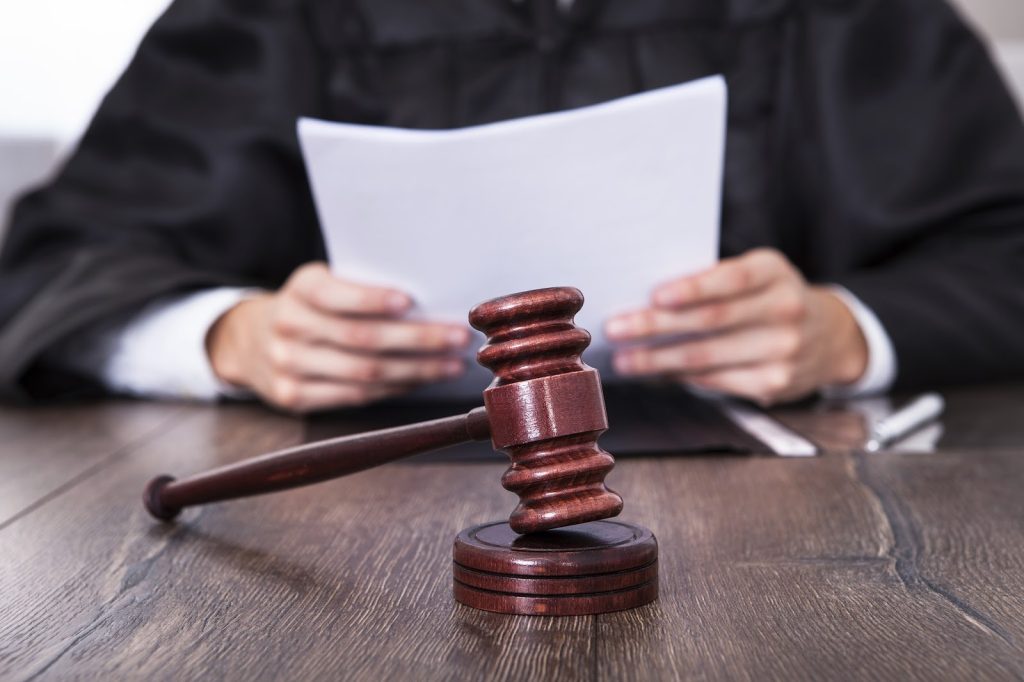
Winning a judgment is a major milestone in any debt collection process, but the battle isn’t over once the court issues the decision. In some cases, debtors may attempt to challenge, appeal, or even set aside the judgment to avoid paying what they owe. These challenges can delay or completely derail your collection efforts, sometimes leaving creditors frustrated and out of pocket.
To safeguard your judgment and increase your chances of successful enforcement, it’s important to understand how judgments can be attacked, the legal grounds for such challenges, and steps you can take to protect your interests.
Common Ways Judgments Are Challenged or Set Aside
Debtors have a variety of legal avenues to challenge a judgment, including:
1. Motion for Reconsideration or New Trial
Debtors may ask the court to reconsider its decision or grant a new trial, typically on grounds such as:
- Newly discovered evidence
- Errors of law or procedure
- Misconduct or fraud by the opposing party
These motions must generally be filed within a short period after the judgment (often 10-30 days).
2. Appeal
An appeal involves taking the case to a higher court to review the lower court’s decision. Appeals can be based on legal errors, incorrect application of the law, or procedural mistakes. Appeals must be filed within strict deadlines, usually 30 days from entry of judgment.
3. Motion to Vacate or Set Aside the Judgment
A debtor may file a motion to vacate or set aside a judgment after the normal post-trial window, typically under Rule 60 of the Federal Rules of Civil Procedure or equivalent state rules. Common grounds include:
- Fraud, misrepresentation, or misconduct
- Lack of jurisdiction
- Excusable neglect (e.g., debtor didn’t get proper notice)
- Newly discovered evidence
- Clerical errors
These motions must be supported by strong evidence and are subject to strict timing requirements.
How to Protect Your Judgment from Challenges
While you can’t completely prevent a debtor from trying to challenge your judgment, you can take steps to make successful challenges more difficult and defend your judgment robustly.
1. Follow Proper Procedures From the Start
Ensure your lawsuit and trial follow all procedural rules, including:
- Proper service of process (notifying the debtor of the lawsuit)
- Timely filings and responses
- Preserving evidence and documentation
- Complying with court orders and deadlines
Meticulous adherence to procedure minimizes grounds for the debtor to claim procedural defects later.
2. Document Everything
Maintain clear, detailed records of all case materials, communications, and court filings. Evidence of:
- Proper notice to the debtor
- Valid contracts or agreements
- Payment histories
- Court orders and transcripts
will be invaluable if the debtor later claims fraud, lack of notice, or other defenses.
3. Monitor Deadlines Closely
Missed deadlines can provide easy opportunities for debtors to file motions or appeals. Track deadlines for post-judgment motions, appeals, and enforcement actions rigorously.
4. Respond Promptly to Any Challenges
If the debtor files a motion or appeal, respond quickly and thoroughly. Timely legal responses increase your chances of defeating the challenge and protecting your judgment.
5. Work With an Experienced Judgment Collection Attorney
Attorneys specializing in judgment enforcement understand the common tactics debtors use to evade payment. They can help you:
- Avoid procedural missteps during litigation
- Prepare strong defenses against challenges
- Navigate post-judgment enforcement smoothly
- Advise on when to negotiate or litigate challenges
What Happens if a Judgment Is Set Aside?
If a court grants a debtor’s motion to set aside or vacate a judgment, it’s as if the judgment never existed. You may need to:
- Restart the lawsuit from scratch
- Re-file claims
- Attend a new trial or hearing
This can be costly and time-consuming. That’s why preventing successful challenges is so important.
When Settlement Might Be a Better Option
Sometimes, particularly in protracted disputes or when the debtor mounts strong challenges, negotiating a settlement may be in your best interest. Settlements can:
- Provide guaranteed payment
- Avoid costly appeals or retrials
- Bring closure faster
An attorney can help evaluate whether settlement or continued litigation best protects your financial interests.
Final Thoughts
A judgment is a powerful tool, but it’s not invincible. Debtors have several legal options to challenge or set aside judgments — and creditors must be proactive to defend against these challenges. By following proper legal procedures, keeping thorough records, responding quickly to motions, and working with an experienced attorney, you can protect your judgment and improve your chances of successful collection.
If you’ve recently won a judgment or are facing challenges to an existing one, consult with a judgment collection attorney to develop a strategic plan for protection and enforcement. We recommend Judgement Collection Attorney.







